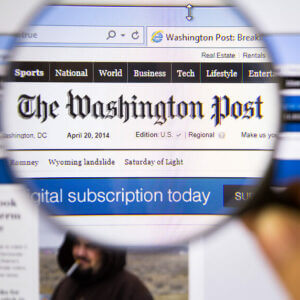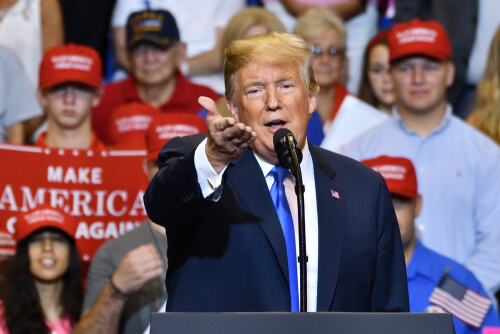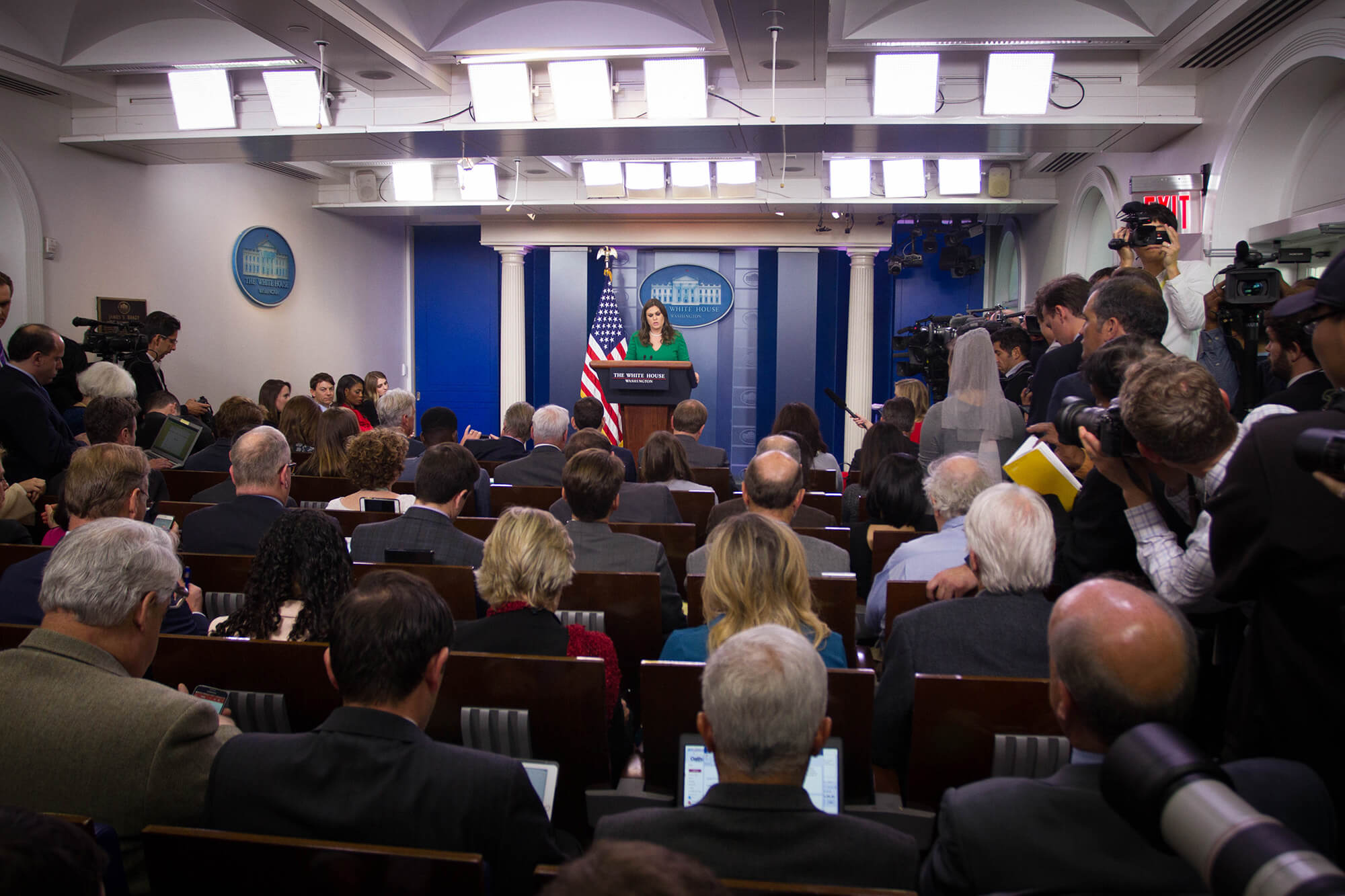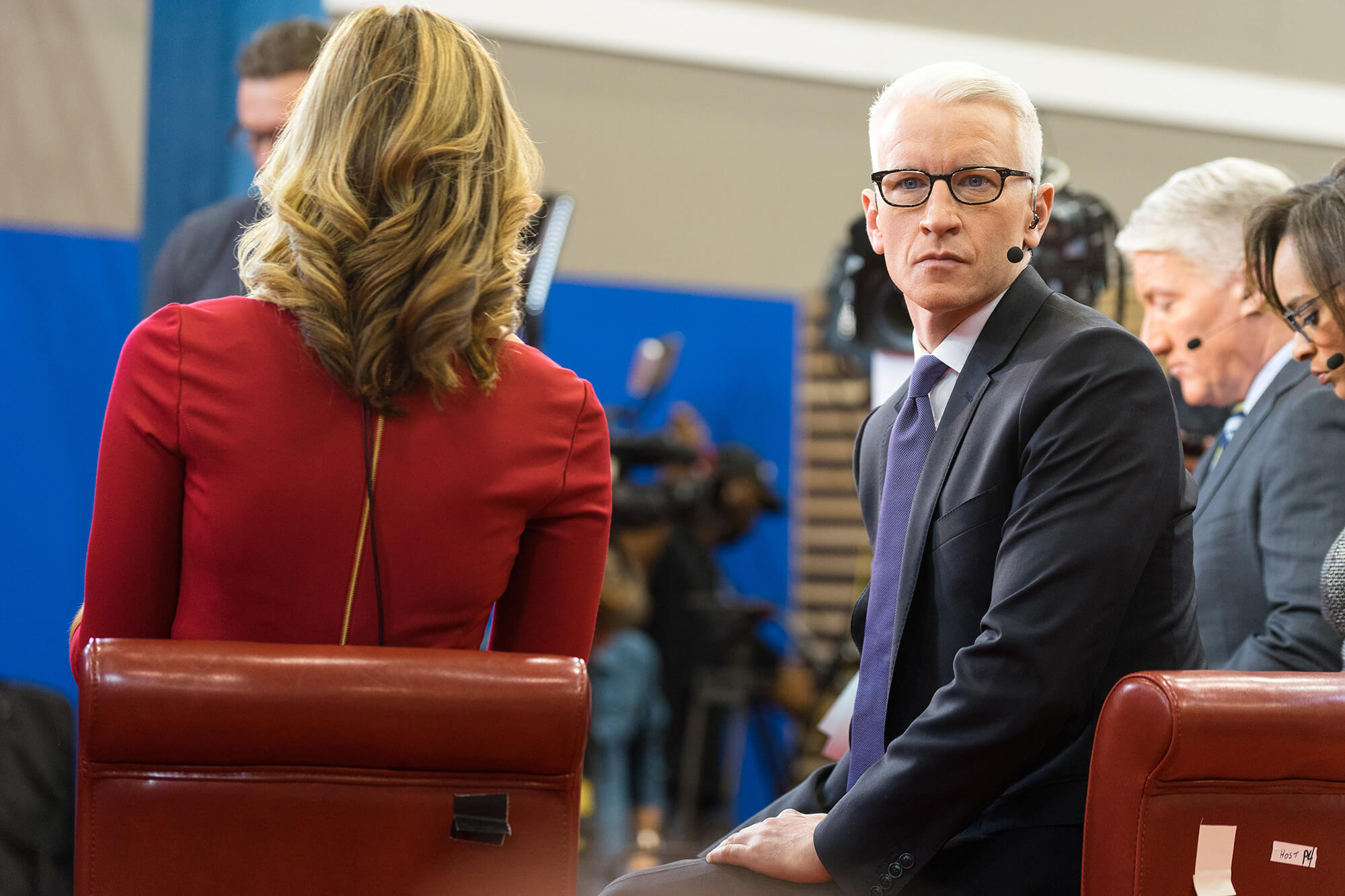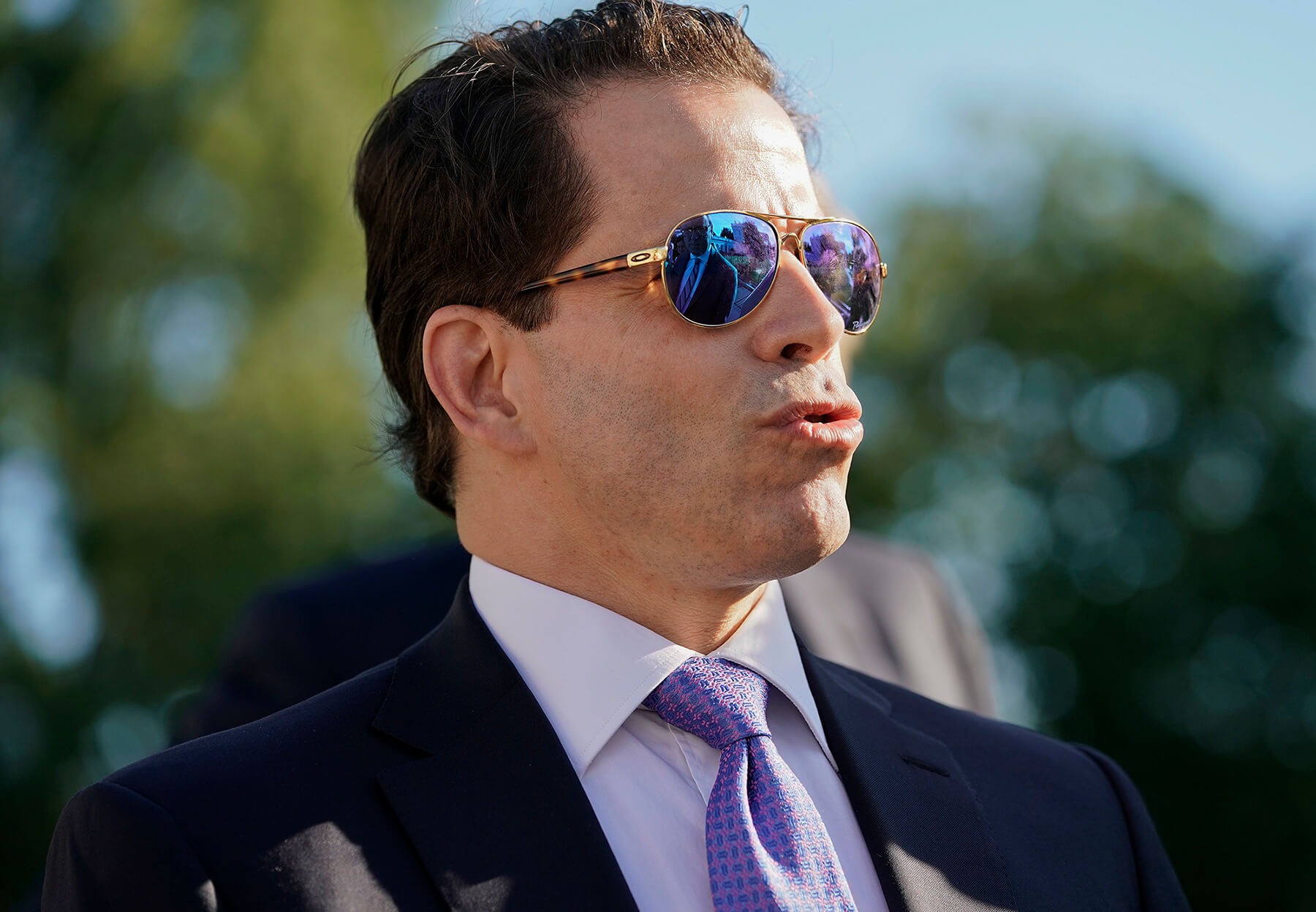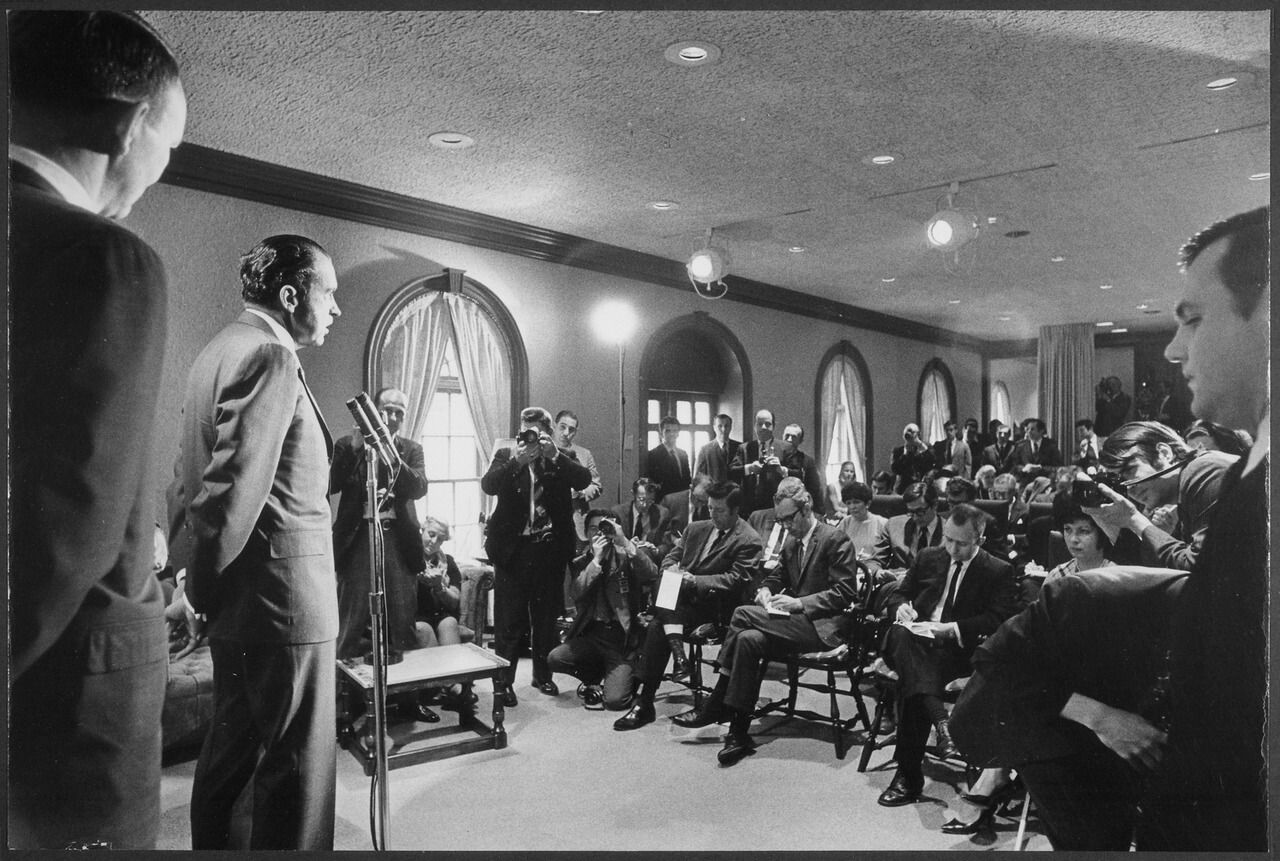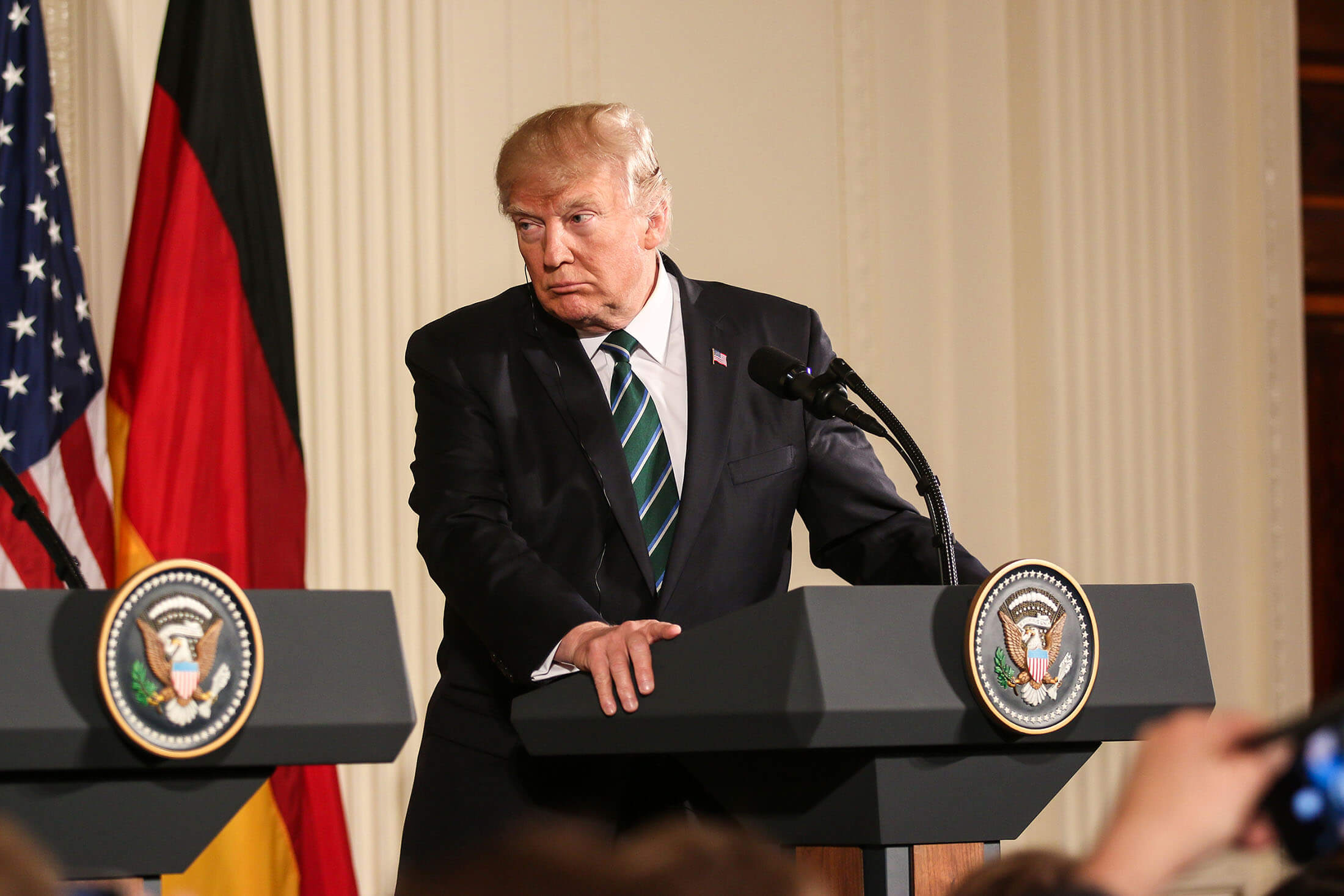As Juliet might have said, “O America, America, wherefore art thou America?”
What has become of us when the president, Donald Trump, who opposes big government, wants the government to have its hand in everything, from the operation of The Kennedy Center to the regulatory commissions, to gender identification, to traffic control in New York City, to the composition of the White House press pool?
Under the pretext of cutting three shibboleths (waste, fraud and abuse), Trump is moving to bring everything he can under his control, to infuse every apparatus of the country with the Trump brand, which emerges as a strange amalgam of personal like and dislike, enthusiasm and antipathy.
He likes the brutal Russian dictator Vladimir Putin — he who orders assassinations outside of Russia and causes his opponents to fall out of windows — so much so that he is about to throw Ukraine under the bus. Short shrift for people who have fought the Russian invader with blood and bone.
He has a strange antipathy to our allies, starting with our blameless neighbor Canada, our supply cabinet of everything from electricity to tomatoes.
He shows a marked indifference to the poor, whether they are homeless in America or dying of starvation in Africa.
He and his agent, Elon Musk the Knife, have obliterated the U.S. Agency for International Development, ended our soft-power leadership in the world and handed diplomatic opportunities to China; while at home, housing starts are far behind demand, the price of eggs is out of sight, and necessary and productive jobs in government are being axed with a kind of malicious pleasure.
The mindlessness of Musk’s marauders has cut the efficiency he is supposed to be cultivating. It is reasonable to believe that government worker productivity is at an all-time low.
If there is a word this administration enjoys it is “firing.” The Trump-Musk duopoly relishes that word. It goes back to the reality television show “The Apprentice,” when its star, Trump, loved to tell a contestant, “You’re fired!” Now a catchphrase from a canceled TV program is central to the national government.
Meanwhile, the extraordinary assemblage of misfits and socially challenged individuals in Trump’s Cabinet — and, it must be said, who were confirmed by the Republicans in the Senate — are doing their bit to disassemble their departments, fixing things that aren’t broken, breaking things because they hated their authors or because revenge is a policy. Look to the departments of Defense, Justice, Health and Human Services and Homeland Security — really all the departments — and you’ll find these hearties at work.
There is a quality of cruelty that is alien to the American ethos, that is un-American, running though all of this. When everything that isn’t broken is fixed, we may lose:
—Our standing in the world as the beacon of decency.
—Our role as a guarantor of peace.
—The trust of our allies.
—Our place as the exemplary of constitutional government and the rule of law.
—Our leadership in all aspects of science, from space exploration to medicine to climate.
Nowhere is the animus of Trump and its lust to control more evident than its hatred of the free press. The free flow of news, fact, and opinion, already damaged by the economic realities of the news business and its outdated models, is an anathema to Trump. A free press is a free country. There is no alternative.
This week, the White House and the press secretary, Karoline Leavitt, moved to destroy the norm of decades in the press room, where the press corps collectively through its elected body, the White House Correspondents’ Association, has assigned seats. The association also decides who will be a part of the small rotating group of journalists and photographers — the pool — who accompany the president. It has been effective and is time-honored.
Now Leavitt, a Trump triumphalist, will choose the pool and favor the inclusion of podcasters and talk-show hosts who are reliably enthusiastic about the president.
At The Washington Post — the local newspaper of government — editorial pages are to be defenestrated. The Post, which has had for decades the best editorial columnists in the nation, is to be silenced. Its owner, the billionaire Jeff Bezos, has told the editorial staff that going forward they will write only about personal liberties and free markets.
It is the end of an era of great journalism, the dimming of a bright light, the encroachment of darkness in the nation’s capital.
A newspaper can’t be perfect, and The Washington Post certainly is far from that. But it is a great newspaper, and its proprietor has been manipulated by the controlling fingers of the Trump machine: A machine that values only loyalty and brooks no criticism. A machine that is unmoved by the nation’s and world’s tears. A Romeo who doesn’t hear Juliet.
